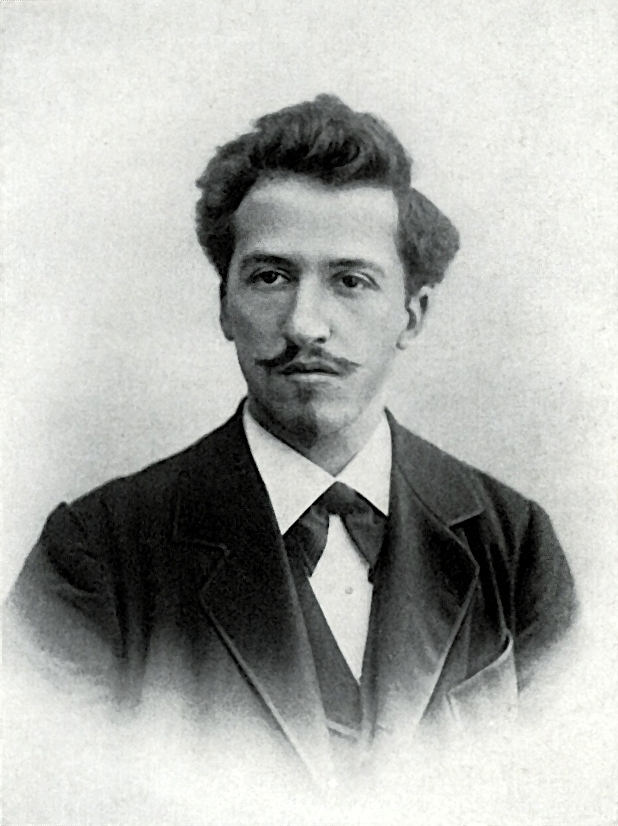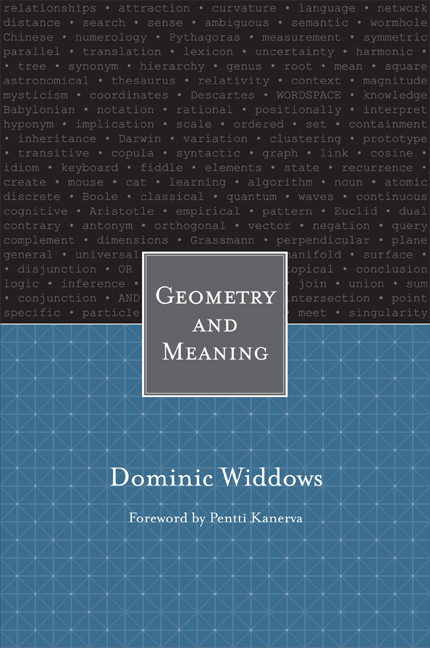This interdisciplinary symposium, funded by Foundation for the Sociology of Health and Illness (FSHI) and Exeter University, aims to interrogate the implications of shifting the focus of health care away from ‘delivery’ towards care as an ongoing everyday accomplishment. The situatedness of care relations and how situated care relations are practiced and experienced are vital to understanding the impacts care has upon patients, families and healthcare staff. This shift represents a contrasting view on care, from one that is predicated upon a discourse of absence (of care) or lack (of dignity) to the affective interactional relations between social actors. Such shifts of focus are of prime concern as care may be viewed less as a commodity which can be lost, saved, traded or withheld, but as a relation that is deeply embedded within institutional contexts, of individuals and the social worlds they inhabit.
This symposium examines spaces of collisions, elisions or alignments of social worlds, within which the affective dimension of social life in healthcare may be fruitfully examined. Drawing upon relational concerns as a distinct and distinctive mode of sociological inquiry, the symposium seeks to develop an understanding of care and its consequences that help us get beyond the economics of care as a commodified and managed form of engagement with the ‘other’. Making this shift has huge potential for addressing long-standing, global concerns around ‘cultures of poor care’ or ‘care as absence’, the seemingly intractable problems that are not readily amenable to a quick or even a slow fix.
The symposium examines how the fix, the cure, remains an issue of perspective. Central questions include:
- What if the ‘problem’ of caring in health care settings was viewed differently, how would the issues be seen through an affective, situated relational perspective, how would an affective orientation resolve or heighten long standing and seemingly intractable problems of institutional care?
- Is the demand for a cure (the fix) a manifestation of a broader political economy at work, is it a question of the mundane interaction order where contemporary modes of conduct reinforces distance, or is the organisational ‘cure’ simply a manifestation of organisational disease?
- Can materials, economies, institutional practices and modes of accounting contribute to poor clinical and managerial conduct and do such devices legitimate a focus away from the patient?
The organizers would appreciate general information about your possible participation before 15.07.2014. Please reply to: m.schillmeier AT exeter.ac.uk
Kind regards
Michael Schillmeier (Exeter)
Joanna Latimer (Cardiff)
Paul White (Swansea)
Alexandra Hillman (Cardiff)
----------------------
Professor Michael Schillmeier
Schumpeter Fellow / VolkswagenStiftung
Department of Sociology, Philosophy and Anthropology
Centre for the Studies of Life Sciences
Byrne House
University of Exeter
Exeter EX4 4PJ
New Nuevo Neu
Eventful Bodies: The Cosmopolitics of Illness. Ashgate (forthcoming)
http://www.nanomedizin.soziologie.uni-muenchen.de














